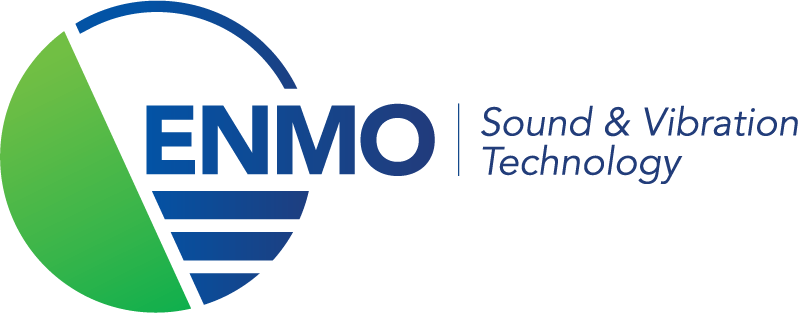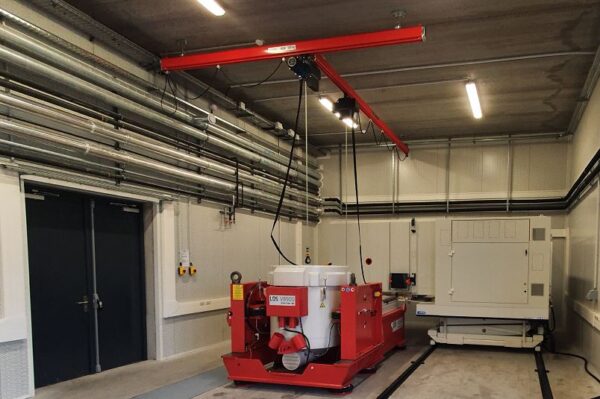France, December 2021
Plastics solutions specialist for automotive industry, Novares has boosted its test capabilities with the opening of an ultra-modern test centre in Lens, France, which houses a new vibration shaker system for measuring premature wear and tear on vehicle parts: the LDS V8900 HBT1220 shaker.
As Novares aims to measure the vibration acting on plastic parts, as well as their noise emissions under increased loads, the company had required a system that could withstand relatively high levels of vibration for long periods – and could also measure the effects at different temperatures.
Novares contacted test and measurement expert, Hottinger Brüel & Kjær (HBK) with their specifications and – following a consultation – HBK recommended its V8900 shaker as the best system for carrying out a wide range of Novares’ current and future tests.
Plastics behave differently depending on temperatures, so most vibration tests are performed in a climatic chamber. The V8900 system and its slip table are very suitable for this requirement, as they adapt easily to the different climatic chamber models available on the market. Vibration tests, combined with climatic tests, are one of the most representative of the real environment and the most effective in terms of immediate results that can be used to evaluate products.
Lens Novares’ laboratory manager, Bertrand Dufour said: “When it comes to the automotive industry’s criteria for material that will be used in the near future, plastic remains the reference material due to its potential for mass gain – an important factor in view of the increased weight of new engines, especially hybrid and electric motors -and flexibility. The final products must be recyclable, which is already a challenge, as they, today, contain recycled material whose properties are ultimately too variable and the recycling channels too weak. Plastics must be able to withstand the increasingly delicate moulding requirements and under the bonnet temperatures of 3-cylinder engines.”
Mr Dufour continues: “HBK was able to take all this criteria on board and guide us towards the best possible solution, with a shaker capable of carrying out a very wide range of our current and future tests: a future leaning towards the evolution of electric and hydrogen engines.”
The full case study is available on HBK’s website.

 ▽
▽
 English
English
 Français
Français
 Nederlands
Nederlands
